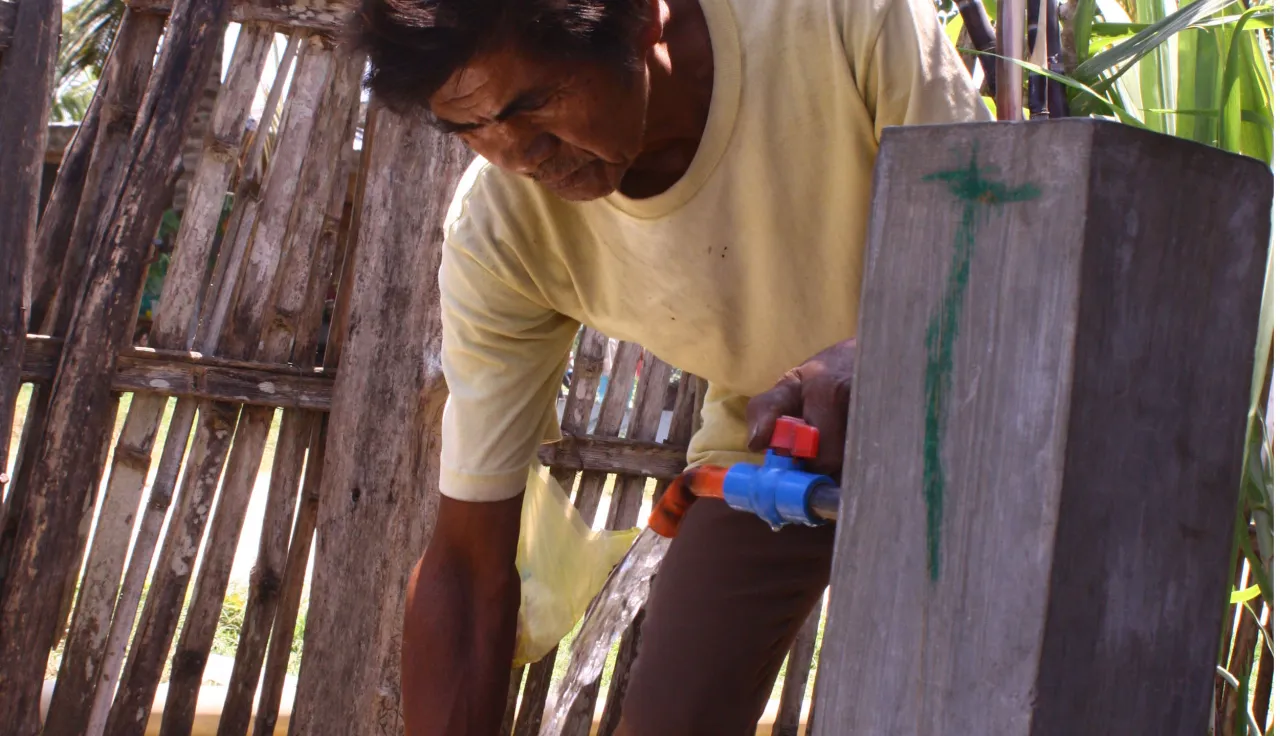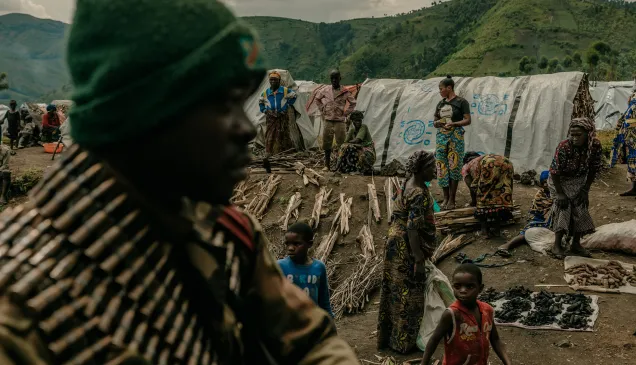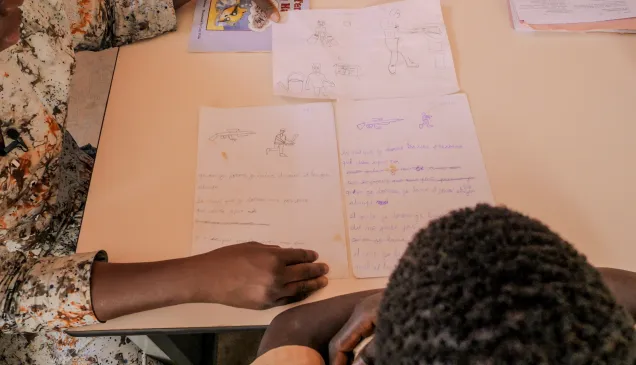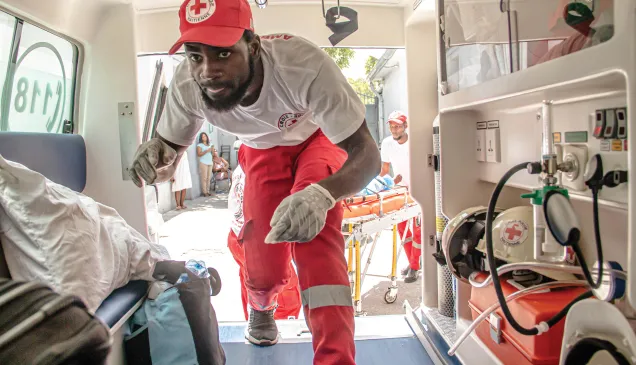Philippines: Clean water for vulnerable communities in Pikit

Residents in the village of Panicupan, Pikit, had to travel more than eight kilometers on unpaved roads to the town plaza to get potable water. Others relied on dug wells for water, but not for drinking as this water was unsafe for consumption.
One of the challenges of host communities receiving displaced people in conflict-affected areas is the lack of clean water and the added strain on already limited access to safe drinking water.
In Pikit, many of the 42 villages, including Panicupan, are familiar to the distressing effects of protracted armed conflict, having experienced violent situations since 1970s. Most recently, hostilities have again caused the displacement of more than 2,000 families from interior villages.
But today, the scenario is vastly different.
As part of its work to improve the situation of these vulnerable communities in central Mindanao, the ICRC created a 33-kilometre network to bring clean water to 15,000 residents in 11 barangays of Pikit – the largest ever community water project in the Philippines. The residents were actively involved as additional workers during the construction phase, and to this day, they ensure the tapstands are functional.
In 2013, the project was completed and handed over to the Barangay Water and Sanitation Association (Bawasa) and elected members of the community who are responsible for managing the water system and ensuring its sustainability.
"To have a safe and steady source of clean water has made a difference in our lives. Water from the hand pumps was not fit for drinking and caused some health problems before," explained Tani Kumpa Manden, Bawasa president in Panicupan.
Ten tapstands set up in strategic locations around the village serve the population equally, each providing for at least 30 to 40 families. This was done so that families would have access to the taps within 250 metres from their homes. In total, 87 tapstands were built across the entire municipality.
"Bawasa collects 40 pesos per household every month for operation and system maintenance. We understand that some can't afford to contribute the full amount, so we saccept whatever amount they can give. Everybody understands that we have to take care of our water system," Tani added.
A certain percentage of their monthly collection is forwarded to the municipal government to cover the operating costs.
"We are assured that the water we get from Bawasa is pure and clean. You cannot put a price tag on that. I sell ice using the same water and the quality is really good," shared Panicupan resident and tapstand leader Marietta Berman.
Since January, there was a noticeable decline in rainfall in the area that affected water pressure, similar to that experienced during dry months. However, the communities are assured that the water level at the source will increase come the rainy season.
"During dry seasons, water needs of the communities increase, thus straining the source. One of the tasks of Bawasa is to arrange a system so that everyone will have equal access," explained Marco Albertini, water and habitat coordinator of the ICRC in the Philippines.
Aside from Panicupan, 10 other barangays in Pikit benefited from the community water project. These villages regularly accommodate displaced populations, and the importance of reliable water access cannot be overemphasized.
Other Bawasas are currently strengthening their operations and management in collaboration with the municipal government to sustain the project. Bawasas are essential in monitoring water consumption, finance, maintenance interventions and improvements, which in turn will ensure these conflict-affected communities have a stable water system in the future.



